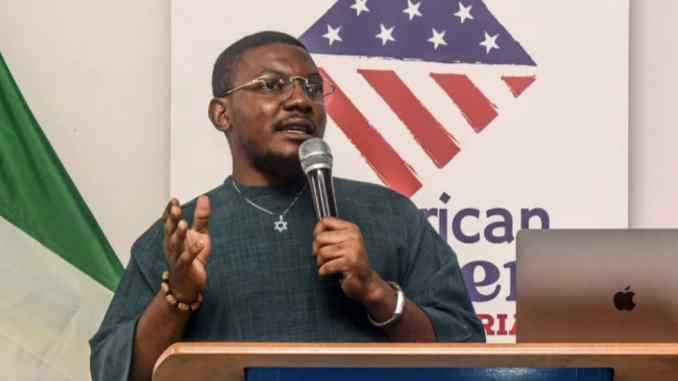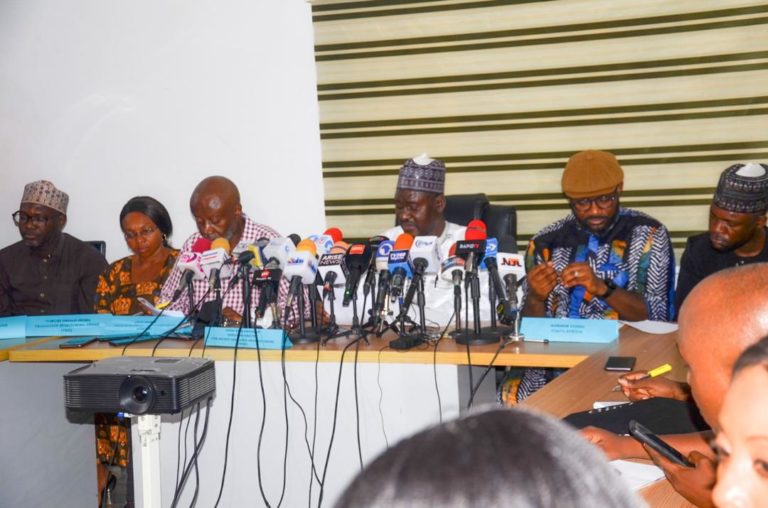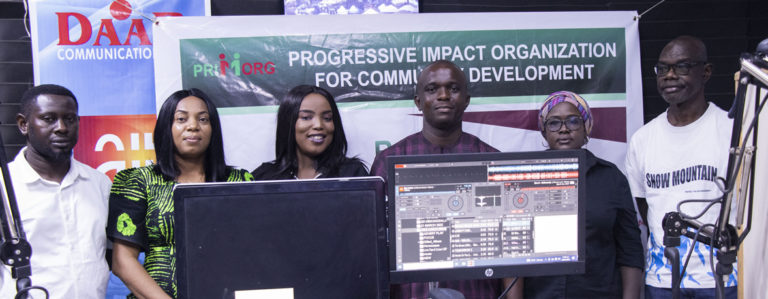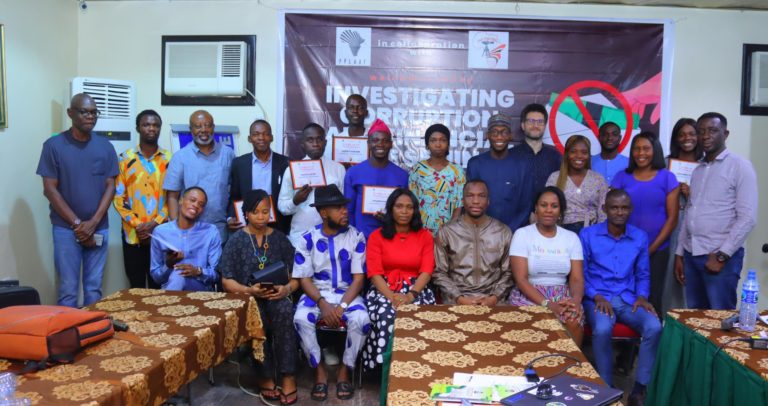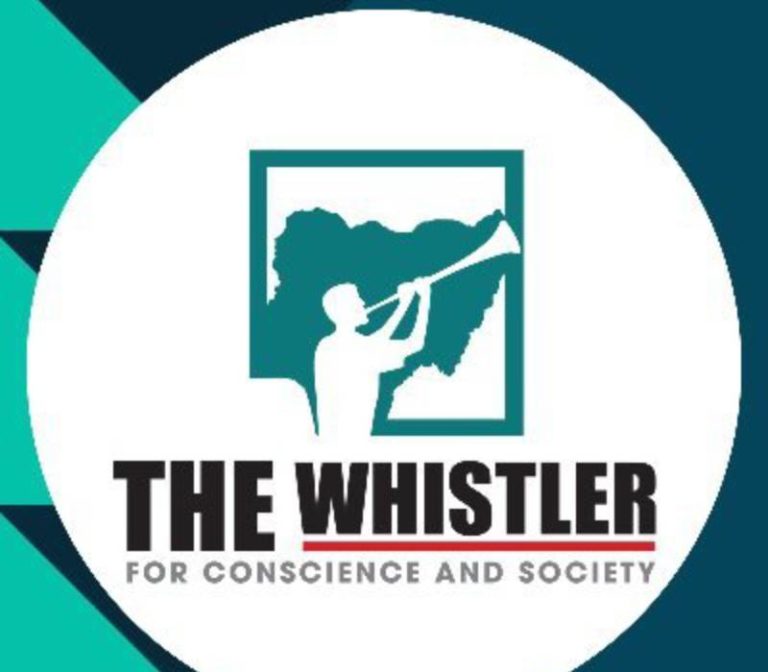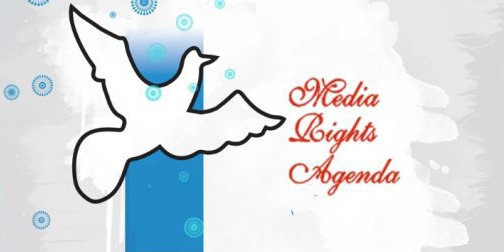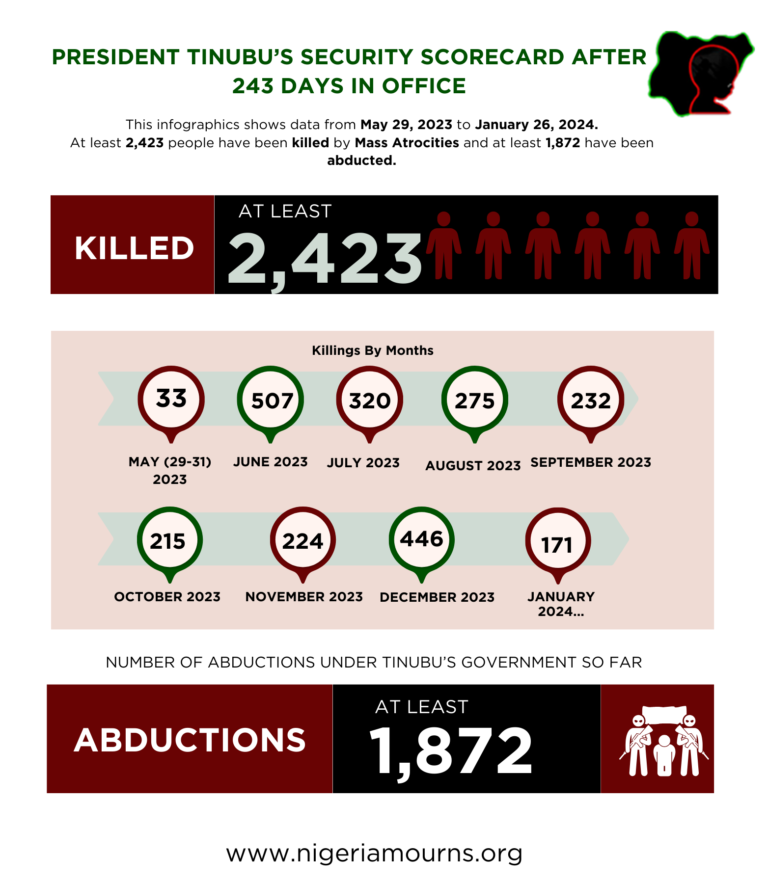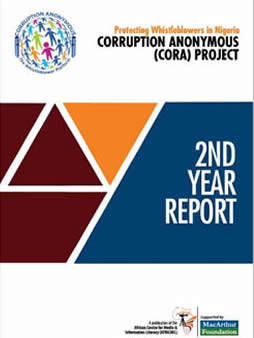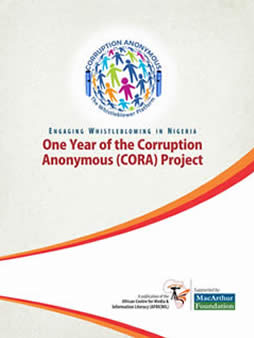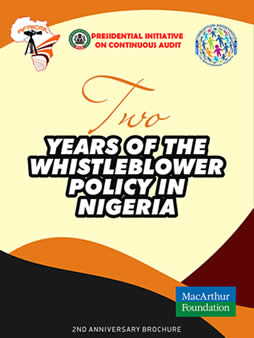By Doyin Ojosipe
The whistleblower bill will be passed before the end of the 9th Assembly, the Federal Government has said.
This was revealed at a radio talk show organised by the Progressive Impact Organisation for Community Development (PRIMORG) in collaboration with the African Centre for Media and Information Literacy (AFRICMIL).
The talk show which held on Ray Power 100.5FM Abuja, Friday, focused on the theme: Moving Forward with Whistleblowing and Whistleblower Protection Legislation.
Responding to the statement on the need for a whistleblower law, Deputy Senate President, Obarisi Ovie Omo-Agege who was represented by his Special Adviser on Legislative and Plenary Matters, Efe Duku, assured citizens of the passage of the whistleblower bill before the end of the 9th Assembly. He said his Principal was working to get other Senators on the same page.
“It is important that when citizens take bold steps to fight corruption, then the State should be able to protect them,” he said.
He added that passing the law was important as successive governments may do away with the policy if not made into law.
Similarly, Chief State Counsel at the Federal Ministry of Justice, Adesoji Afolabi, said a draft of a whistleblower bill had been passed to the Federal Ministry of Finance, Budget and Planning by his ministry for further actions and to be passed to the Federal Executive Council for consideration.
However, Godwin Onyeacholem, Snr Program Officer, AFRICMIL, said government had not done much to bring about believability in its fight against corruption, noting that the inaction of government had led to the refusal of citizens to expose corruption.
He said while the whistleblower policy was meant to break the culture of silence which was what government wanted, the lack of a legal framework for the policy was a problem that citizens have continued to talk about.
Corroborating Onyeacholem’s submission, two listeners who called in expressed disappointment over the government’s inability to protect whistleblowers thereby by exposing them to reprisals after wooing them to expose corruption and wrongdoing.
They both made cases for known whistleblowers who were made to pass through reprisals simply because they spoke out.
Maxwell Kadiri, a legal practitioner, was of the opinion that “the devil is in the detail,” adding that the content of the whistleblowing policy and the draft bill will tell how sufficient the bill was to the protection of whistleblowers.
He said the limitations of the whistleblowing policy was glaring as Nigerians who dare to blow the whistle have been punished by either being demoted, suspended or transferred to less active situations where they become redundant.



